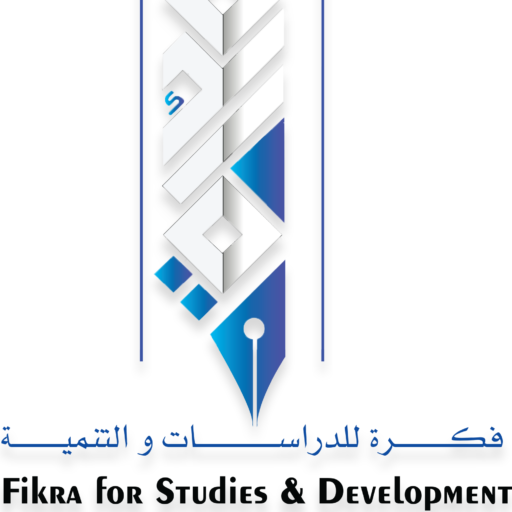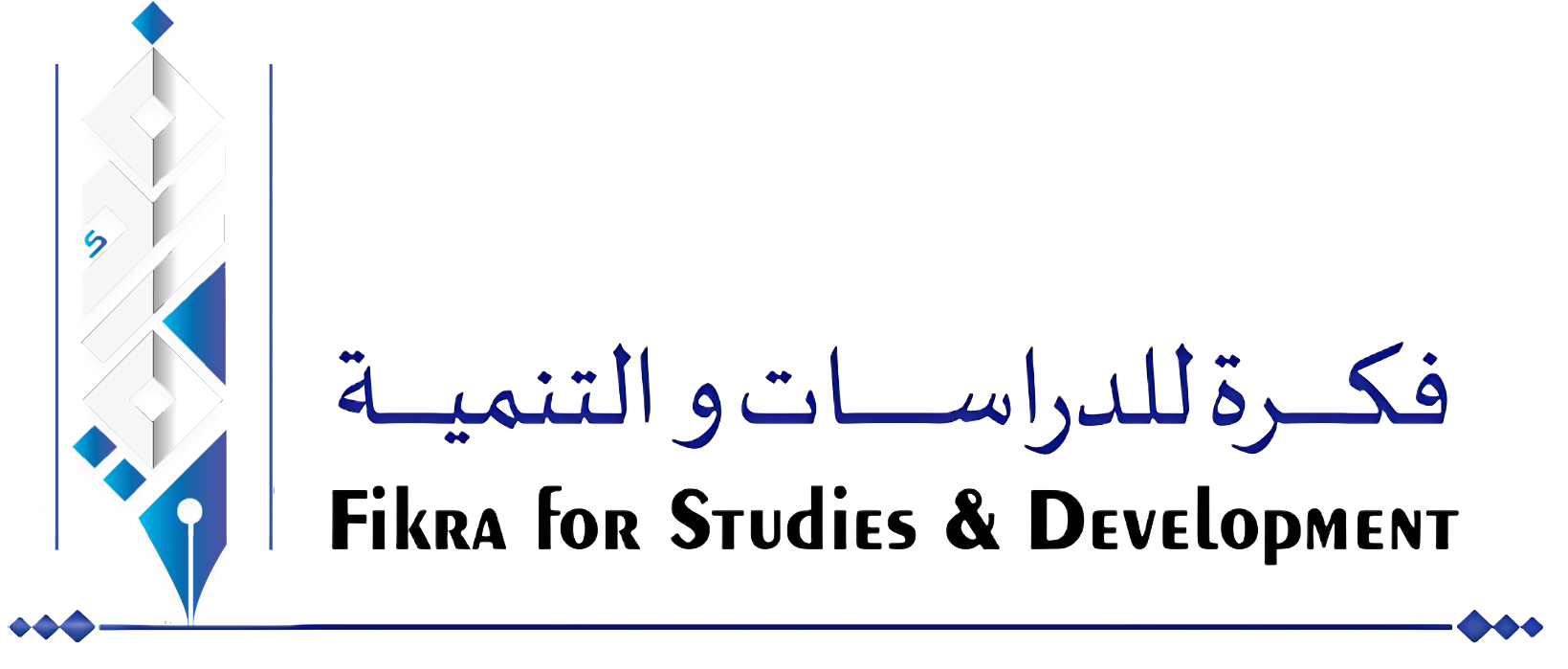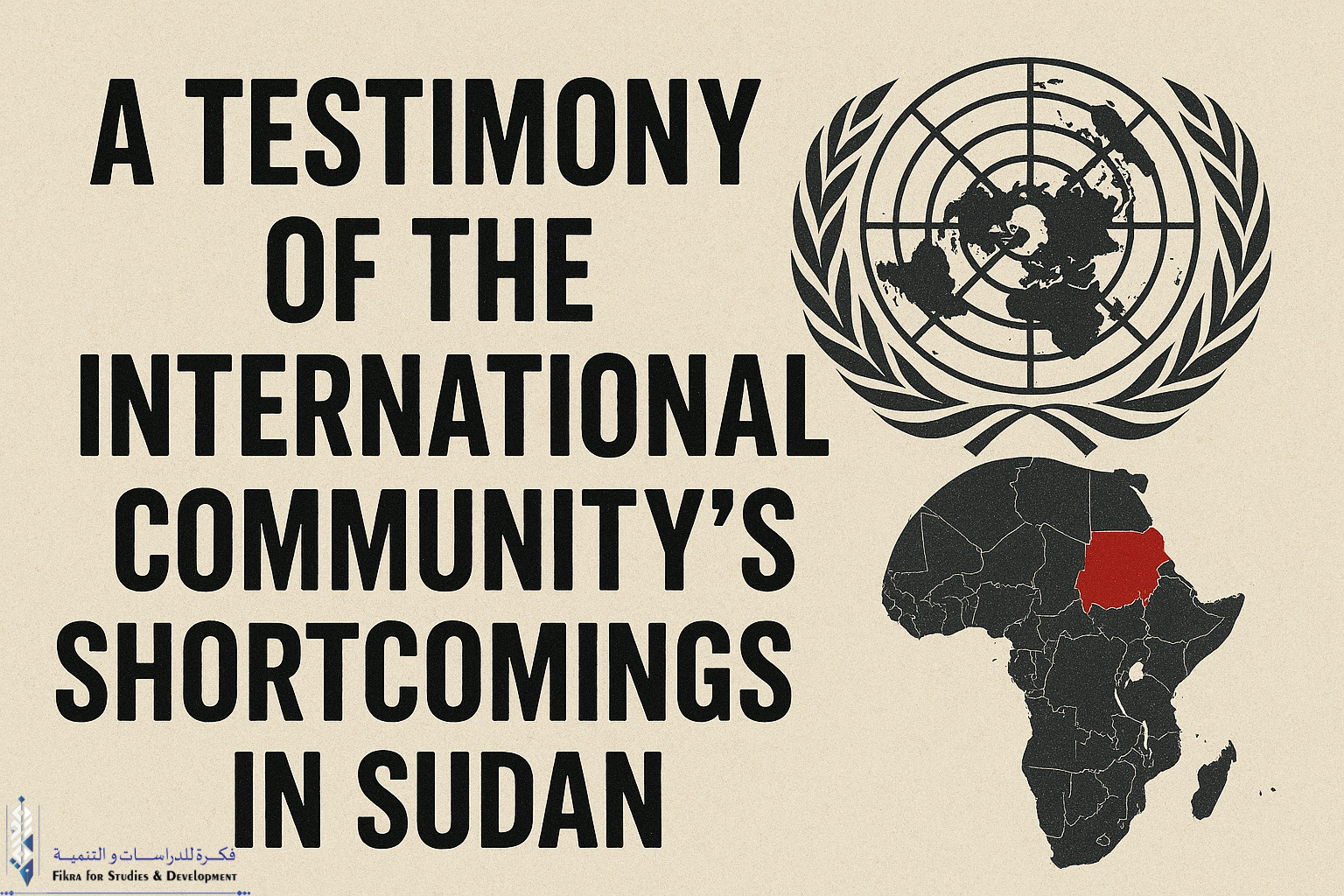A testimony of the International Community’s Shortcomings in Sudan
A testimony of the International Community's Shortcomings in Sudan
Dr. Elshafie Khidir Saeed
Our belief in the necessity of international and regional intervention in the political affairs of developing nations—often characterized by crises and socio-political calamities—is frequently justified by the goal of achieving global peace and stability. This conviction stems from the reality of our interconnected world, governed by the inescapable dynamics of globalization, which naturally foster the interactions and interdependencies we witness globally.
Yet, this conviction is invariably coupled with the acknowledgment that a primary driver for such intervention in our nation’s crises is the failure and incapacity of our own political elites to manage the crises afflicting Sudan, which often escalate into war and destabilize the region, both internally and externally. While we acknowledge the significant contributions of international bodies like the United Nations (UN) and the African Union (AU) in resolving conflicts and mitigating tensions worldwide, thereby advancing global security, peace, and progress, we have also consistently criticized their perceived shortcomings and detrimental role in managing the current conflict in Sudan and the unprecedented humanitarian tragedy it has unleashed. This critique extends to suggesting that these institutional failures, far from being conspiratorial, may actually contribute to perpetuating Sudan’s ‘vicious cycle’.
The preceding discussion serves as context for the ‘End of Mission’ report by Dr. Abdul Mohamed, shared with his colleagues at the Office of the Personal Envoy of the UN Secretary-General to Sudan following his departure from the role – allegedly at the request of the US Department of State. Dr. Mohamed, who granted permission for excerpts to be published here, is well-known to Sudanese political figures. For others, he is recognized as one of Africa’s leading intellectuals and civil society figures, with deep engagement in Sudanese affairs for over twenty-five years. His extensive experience includes serving as Senior Political Advisor to the AU High-Level Implementation Panel on Sudan and South Sudan (AUHIP) under Thabo Mbeki, Acting Director of Political Affairs for UNAMID, head of the Darfur-Darfur Dialogue and Consultation, and UNICEF Representative to the AU. He founded and led the InterAfrica Group, focusing on dialogue in the Horn of Africa, and held positions with the World Council of Churches (WCC) and as Director of Relief and Emergencies for the Sudan Council of Churches (SCC). Furthermore, he advised former Ethiopian Prime Minister Meles Zenawi on regional peace and reconciliation.
Offering a critical assessment of the international approach to the war in Sudan, Dr. Mohamed writes in his report: “Unfortunately, I later realized that the approach adopted was ‘limited, narrow, and excessively risk-averse, often subjugated to the whims of the belligerents.’ Based on my interactions, it became evident that the warring parties ‘recognized our constrained strategy and maneuvered to contain us within this limited paradigm’.”
He observed: “Simultaneously, the wider Sudanese political sphere perceived our ‘lack of a robust and comprehensive strategy, leading to disappointment and resentment.'” He argued that a “‘credible peace strategy could have fostered a unified and strong civilian bloc, potentially preventing unilateral actions by the belligerents detrimental to Sudan’s future unity.'” He posed critical questions: “‘Did we pursue the available opportunities with the required dynamism and seriousness? Would even a fraction of proactive engagement have sufficed to demonstrate our commitment and skill, building the necessary trust capital for a legitimate and effective political process?'”
Dr. Mohamed concluded with three key recommendations for his successor and the Envoy’s office:
First: He highlighted the ‘particularly frustrating’ failure, even after more than a year, ‘to achieve credible strategic coordination with the African Union (AU) and the Intergovernmental Authority on Development (IGAD).’ This lack of coordination ‘remains elusive and will constitute a significant setback we may later regret.’ He stressed the UN’s obligation ‘to work strategically and effectively with all multilateral institutions,’ calling them ‘key platforms for transparent mediation tailored to the Sudanese context.’ The establishment of ‘a single, credible peace process is essential,’ he noted, adding that ‘after two years of conflict, the absence of such an initiative is alarming.’
Second: Sustainable peace hinges on the ‘effective participation of Sudanese civilians.’ This engagement ‘must not be haphazard or incomplete, but rather an integral part of our overall strategy and core activities, including the appointment of a dedicated team to engage with politicians and civil society leaders.’
Third: He recommended ‘regular briefings and exchanges of views with the Special Envoys appointed by member states, to ensure synergy, share experiences, and provide leadership for coordination and alignment.’
In my view, Dr. Mohamed’s report serves as internal validation from within the system, corroborating the critiques previously raised regarding the detrimental aspects of the international community’s approach to Sudan’s crises.
Relatedly, though from a different perspective, five major international NGOs – the Danish Refugee Council (DRC), the International Rescue Committee (IRC), the Norwegian Refugee Council (NRC), CARE International, and Mercy Corps – addressed an open letter ahead of a Ministerial Conference on Sudan, which was scheduled for mid-April 2024 in London [as per the original text]. In it, they urged the conference to be a turning point, calling on world leaders to move beyond rhetoric towards immediate, tangible actions to end the conflict, protect civilians, and arrest the escalating famine. The letter highlighted the dire warning that approximately 65 percent of Sudan’s population required urgent survival assistance at that time.
Dr. Elshafie Khidir Saeed
A Sudanese pro-democracy political scholar, thinker and writer. He has a long track-record in the struggle against military dictatorships for realizing democracy, rule of law, peace and political stability in Sudan. He was subjected to political detention for five years in the 80th of the last century, and he went underground for many years fighting the Ingaz regime. Dr. Elshafie has a number of published writings on the consolidation of democracy and the intersections between the roles of the tribe, the army and politics in Sudan.
Dr. Elshafie can be contacted by email: eksahmed@gmail.com, elshafie@fikrasd.com.


